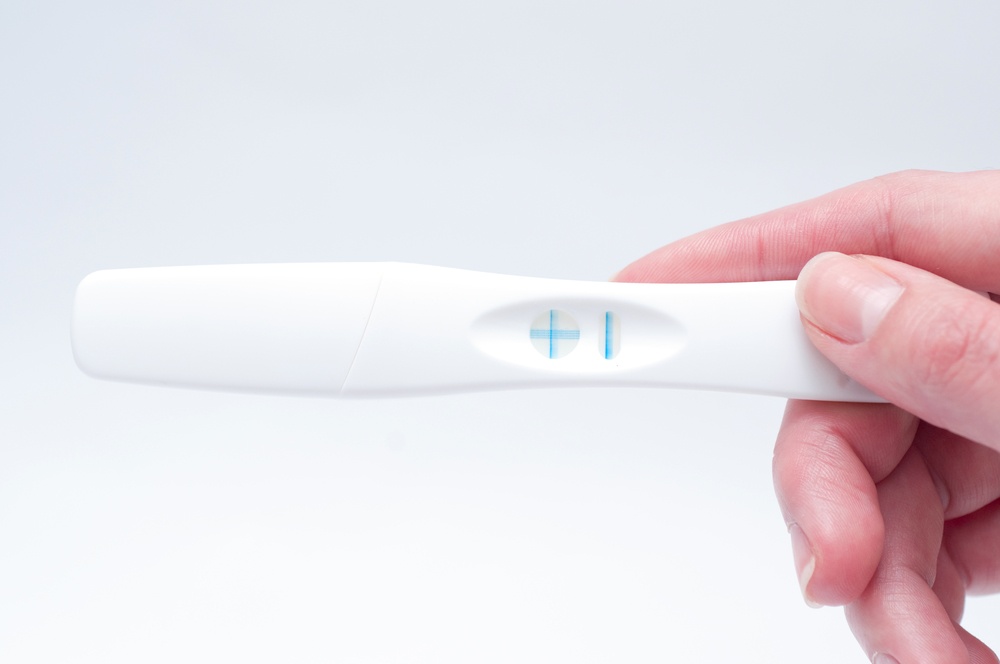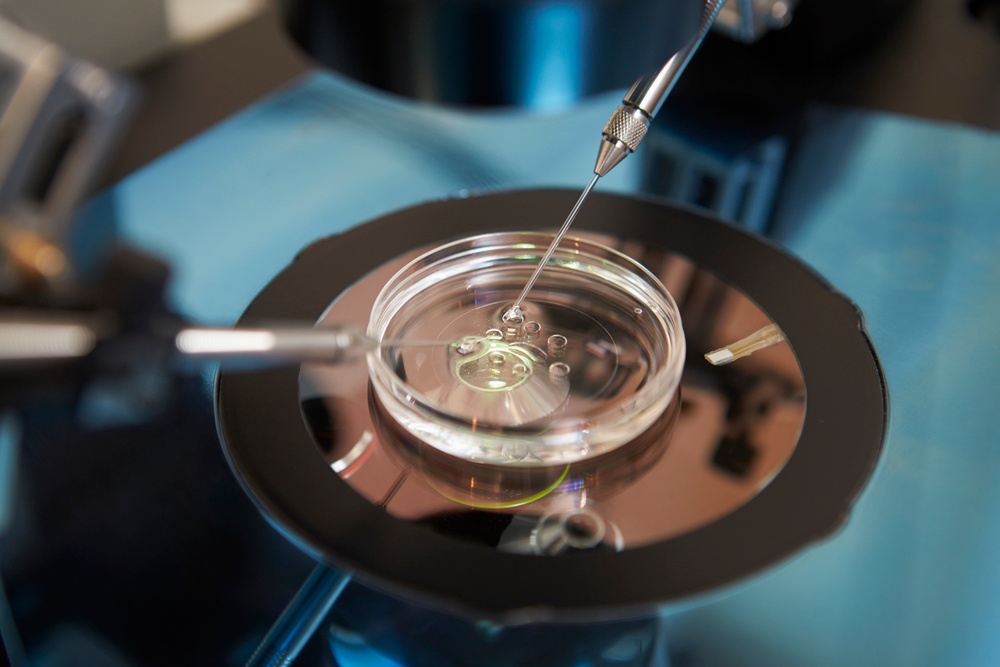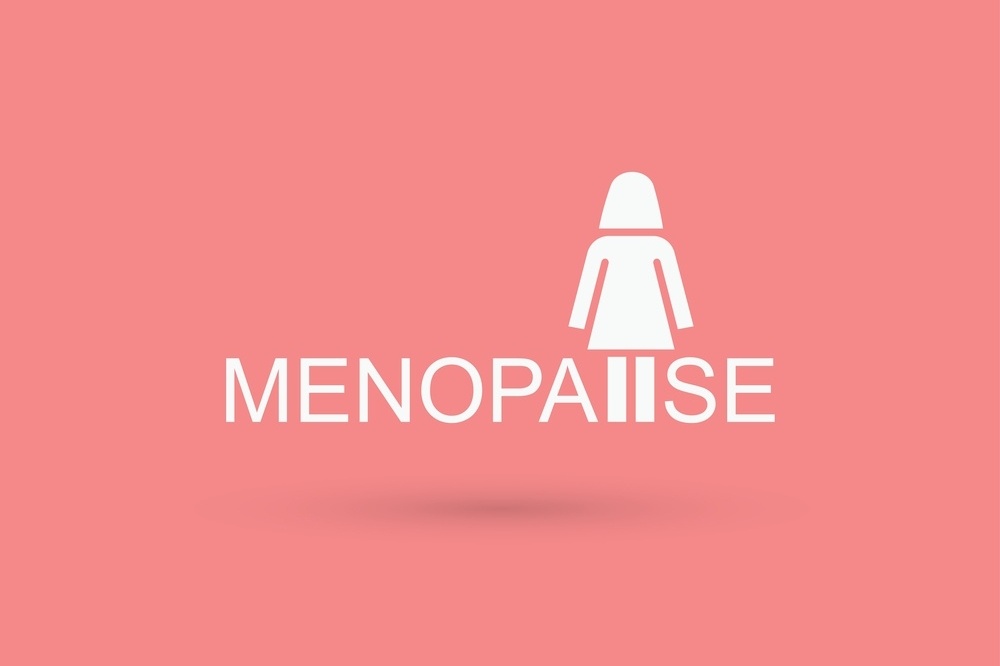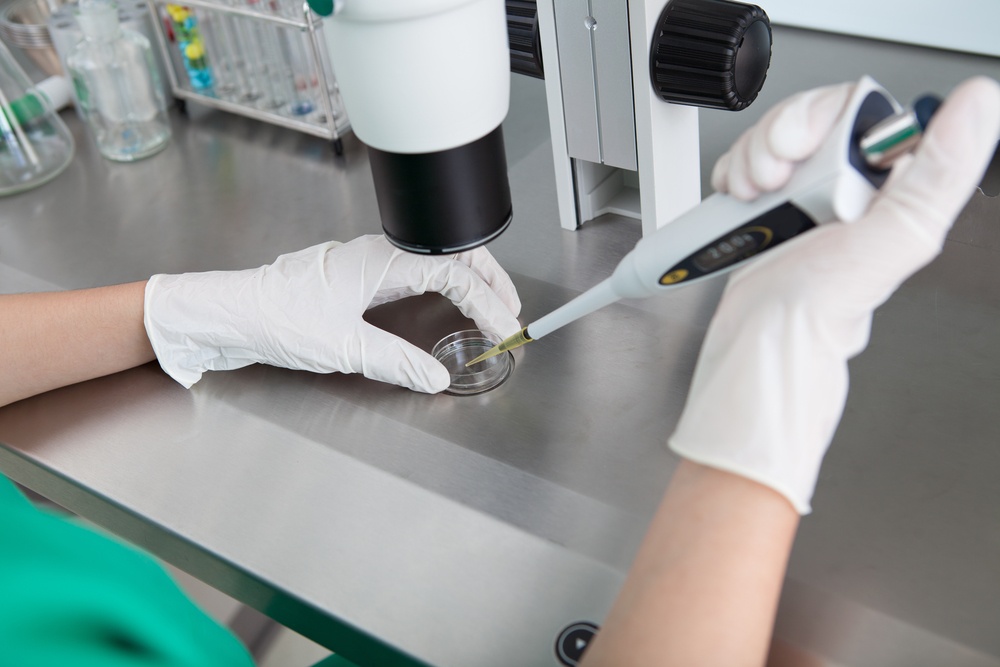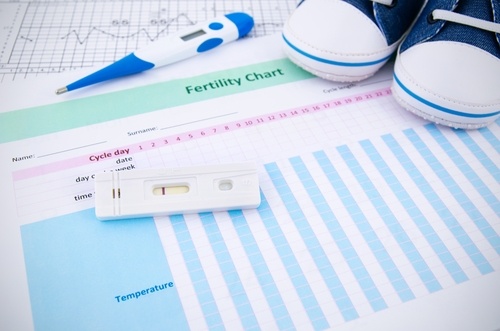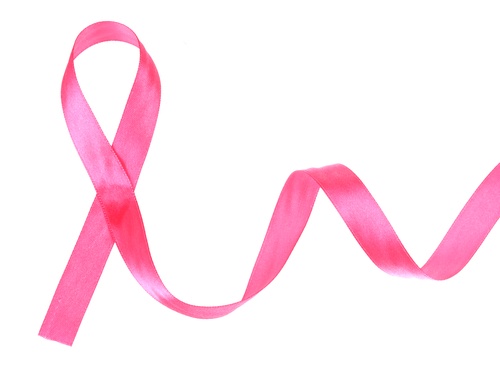Getting confirmation that you are pregnant is a life-changing moment for any woman. For someone who has been through IVF, it is especially poignant and powerful. It’s quite likely that you have been longing for this positive pregnancy test for many years, and when it finally arrives, the emotion may be overwhelming.
IVF Pregnancy: What to Expect Emotionally and Physically
IVF Side Effects: Understanding the Risks
An in vitro fertilization (IVF) cycle is all about hope, often after years of hopelessness. Careful optimism is important to get you through, but it is even more vital to be fully informed and prepared as you enter the process.
Side effects and complications in IVF are usually mild, but they can be upsetting if you are not expecting them, and in rare situations they may be medically dangerous. Understanding all the possible side effects will help you cope with any that might arise, and will let you look out for any serious problems so that you can get help.
Early Menopause and IVF: What Do I Need to Know?
Early menopause is a frightening concept for women who are struggling to conceive a baby. There is bad information about early menopause floating around online, causing needless anxiety to patients looking for answers. This article will give you the facts and dispel the myths, so that you can relax and feel prepared to discuss your options with your fertility specialist.
Celebrities That Have Struggled with Infertility
Going through fertility treatment can be a lonely time for many patients. Conceiving a child with the help of assisted reproductive technology (ART) is not uncommon these days, but it’s still very possible to feel that you are the only person you know that is dealing with infertility. It may seem like a minor thing, but learning that celebrities are going through the same experience can be secretly comforting for some people. With television, the internet, and social media, we feel more connected to celebrities than ever before, and when they open up about their personal struggles around fertility, it gives us hope. Here are just a few big names who have used ART to build their families.
Natural Cycle IVF Vs. Stimulated IVF: Pros and Cons
Deciding on an approach to fertility treatment with your doctor is a careful process, weighing up diagnoses, potential side-effects, and your best chances for success. Once you have settled on IVF as the way forward, there are a few more decisions to make. There are several different IVF protocols currently utilized which use different medications, dosages and timings.
Two types of IVF cycles that you may be exploring are natural cycle IVF and stimulated IVF (also known as conventional IVF). There are pros and cons to both, and your fertility team will be able to help you understand which may be better for your specific case. As always, education is a powerful ally as you go through treatment. This overview will help you feel prepared to confidently discuss your options with your doctor.
Should I Restrict Exercise During IVF?
Good health and physical fitness are natural assets for any woman undergoing In Vitro Fertilization (IVF) treatment. Studies have shown that a healthy BMI has a positive effect on IVF success. When you are doing everything you can in your quest to have a baby, you want to maximize your chances, so it’s natural to wonder if exercise should be a part of your IVF routine. You may be surprised to learn that the answer is not an unqualified yes. Consulting with your doctor is the best way to determine what level of activity you should pursue during your cycle, but current research suggests that patients going through IVF should keep their exercise habits in a low-impact zone.
What Are the Common Causes of Infertility?
When a couple is struggling with infertility, the most urgent question on their minds is why. Infertility as a diagnosis is determined by the length of time you have been attempting to get pregnant. Primary infertility is diagnosed when a couple has failed to conceive after a year of unprotected sex. Secondary infertility is diagnosed when a couple is unable to conceive again after previously having one or two children.
Can IVF Cause Breast Cancer?
Fertility treatment can be a stressful process for patients, one which brings up all sorts of fears: how will treatment affect their relationship? How will they afford the treatment? Will the cycle be successful? What are the long term consequences of fertility medications on a woman’s health? A massive new study published in the Journal of the American Medical Association (JAMA) has laid to rest one major concern for women undergoing IVF. After years of speculation and suspicion, the study found that IVF is not linked to an increased risk of breast cancer.
What Is Preimplantation Genetic Diagnosis (PGD)?
As fertility medicine has matured and advanced over the years, researchers and physicians have developed sophisticated tools and techniques to help patients achieve their ultimate goal: a healthy baby. One such tool is preimplantation genetic diagnosis, also known as PGD. When used in conjunction with IVF, PGD can reduce or eliminate the risk of certain genetic diseases. It can also greatly increase some patients’ chances of a successful pregnancy, especially in cases where the patient has suffered a series of unexplained miscarriages. Understanding how PGD works, why it is used, and what it has to offer will help you decide whether it is an option you would like to pursue with your fertility doctor.
How to Cope with the Emotional Stress of IVF
Infertility can take a terrible emotional toll on women and couples. Disappointment and heartbreak may go on for years, and by the time a patient seeks out fertility treatment their emotional reserves may be very low. Deciding to attempt IVF is a major life step, and while it brings with it a renewed sense of hope and purpose, it can be an intense experience for everyone involved. Managing the stress and the emotional rollercoaster of fertility treatment isn’t easy, but it is possible. With the right self-care and support you can thrive through this journey.

